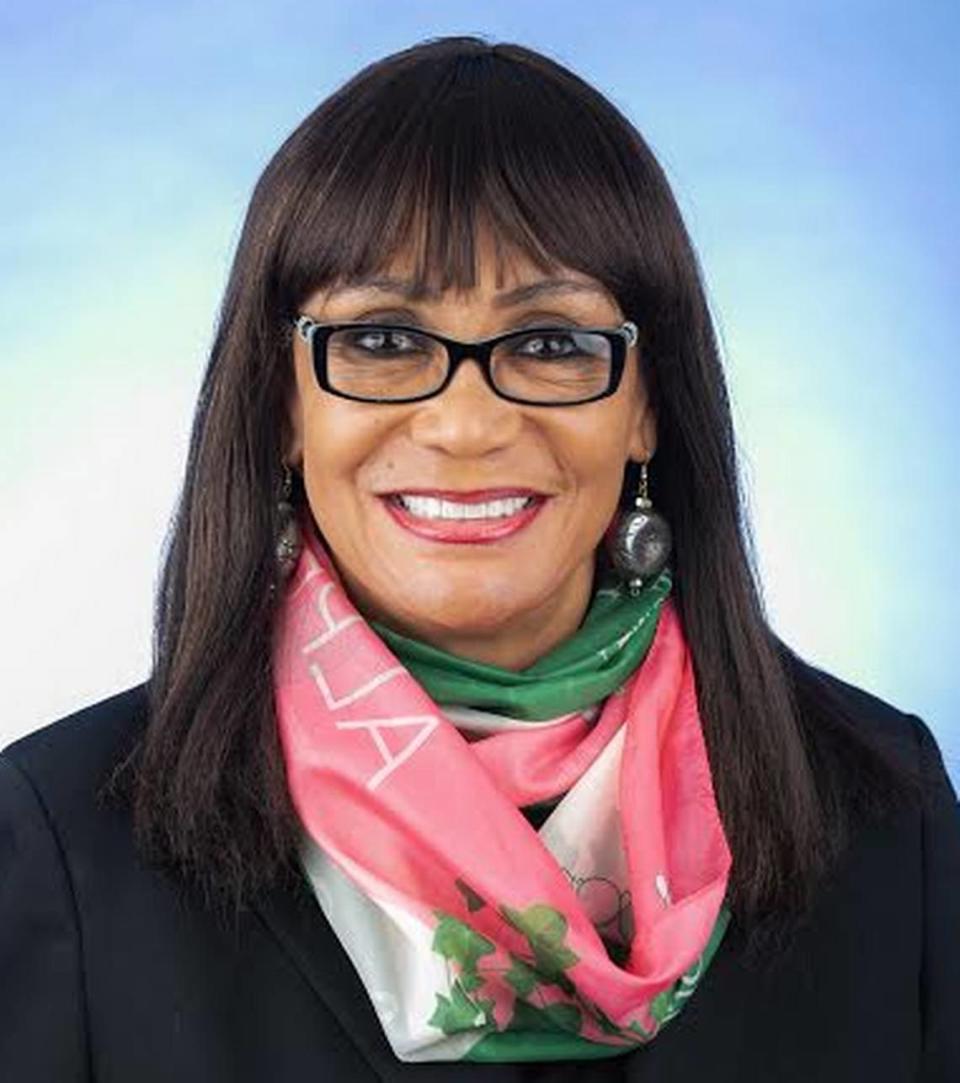This Women’s Equality Day, gender justice is the new goal to reach | Opinion
We celebrate Women’s Equality Day every year to commemorate the hard-won ratification of the 19th Amendment. This year is the centennial of this triumph, which granted women the right to vote.
The fight for ratification took more than 70 years to achieve, and it wasn’t until the Voting Rights Act of 1965 that women of color were more effectively granted suffrage.
Around the country, we still see voter suppression manifesting in acts such as voter ID laws, polling places in majority Black and Brown communities being closed and voter rolls purged, and unjust obstacles for returning citizens.
The centennial is a victory to celebrate but also one from which to learn. White women suffragists often excluded Black women from their movement ,and while the 19th Amendment technically granted all women the right to vote, many Black women still faced monumental challenges such as poll taxes and literacy tests. In addition, indigenous, Latino and Asian people were often denied citizenship, precluding them from voting.
This anniversary is a time to reflect on equality and the nature of its evasiveness in American culture that stems, in part, from white women’s unwillingness to share power.
Women’s equality is not in your pink Girl Boss mug or your tally of women CEOs to prove parity. Women’s equality must live in the soul and subconscious of our society. Equality is not a word to add to a webinar to boost credibility; it is a spirit to be inhabited.
Policies are a piece of the puzzle — an incredibly important piece. Policies give credence to identity, legal justification of existence and concrete paths toward solutions. Policies to improve the lives of all women is our passion. The Commission for Women is fighting hard for life-changing policies that would improve the financial, health and safety status of women.
But the insidious root problem is closer to each of us. It is in our kitchens when mothers tell their daughters to stop eating while heaping out a second helping for their sons.
It is in classrooms when the teacher asks for a strong boy to carry a chair.
It is in the interview when the manager can’t quite put a finger on why he thought the Black woman with the natural hair seemed disorganized, so didn’t hire her.
It is in our early concessions that “boys will be boys” that turns into legal negligence toward victims of domestic violence.
It is in how we value the work of women versus men and the work of white women over that of women of color. It is in the decision-makers who pay men with graduate degrees 32 percent more than women with the same degree.
It is in the healthcare workers chatting conversationally at the reproductive health clinic that it’s so frustrating that all these women should just learn to keep their legs closed.
It is finding a reason to lay off your pregnant employee but celebrating the birth of a male employee’s child.
It is in the who’s nurse training new graduates, pointing to a patient’s room where a Black woman is yelling in agony and warning them to be careful with sickle-cell patients because all lie about pain to gain access to drugs.
It is in the hundreds of primarily Black and brown women who die every year from pregnancy-related causes that could have been avoided and caught by less-biased medical teams.
What we need, even more than gender equality, is gender justice, and it starts with acknowledging our own biases.
Equality looks like five men and five women in a Fortune 500 boardroom. Gender justice looks like women not fearing for their lives and being killed for whom they love or how they identify; receiving safe and quality medical care; having autonomy over their bodies; and being able to afford to live a full life regardless of their job or education level.
So, happy Gender Justice Day. May we celebrate all our successes — and learn from our missteps — in order to pave a path that creates deep justice in our policies and in our minds.
Sharon Kendrick Johnson is chair of the Miami-Dade County Commission for Women. Monica Skoko Rodriguez is executive director of the Miami-Dade County Commission for Women and president of the League of Women Voters Miami-Dade.



